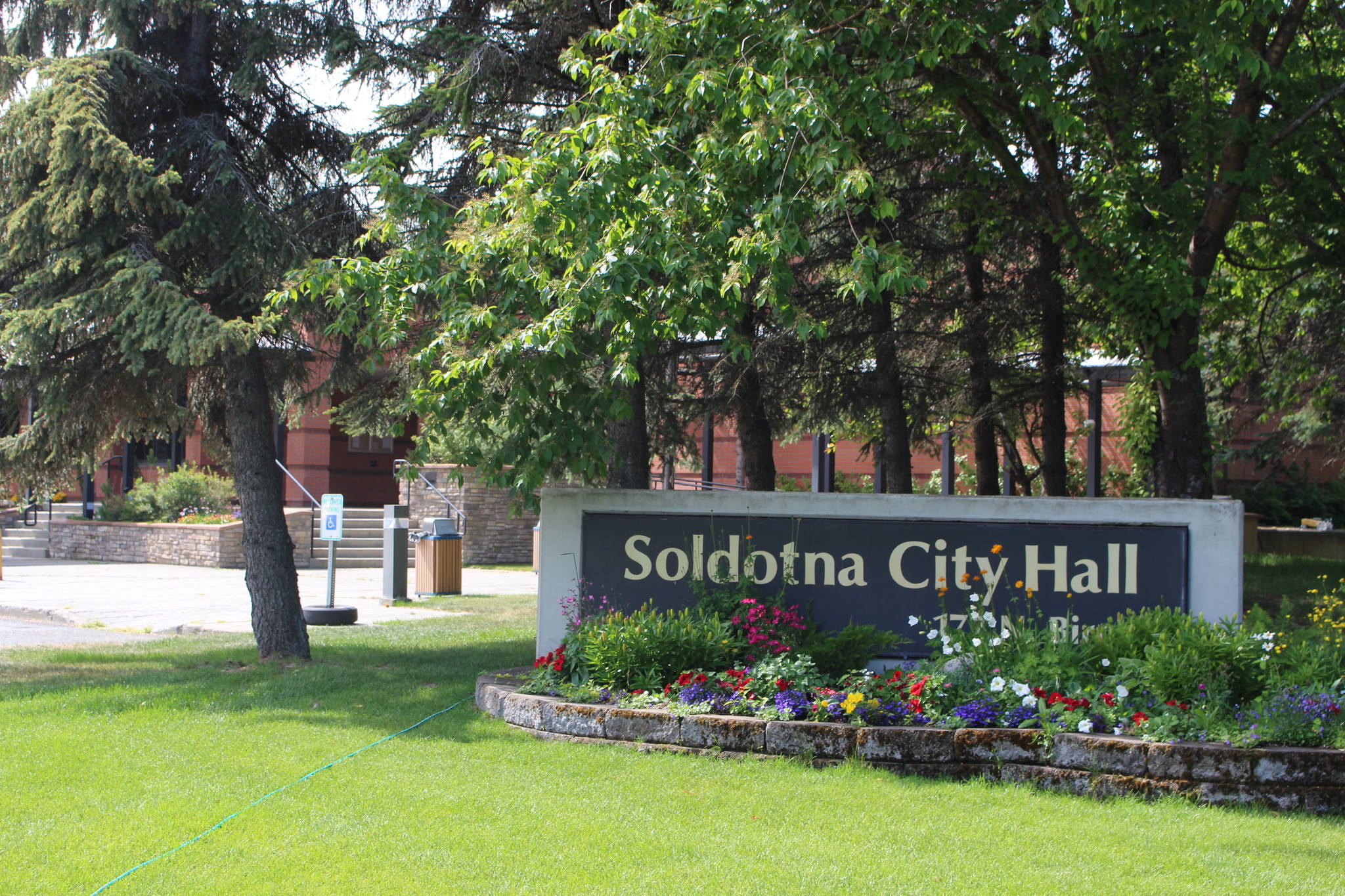New rules directing how Soldotna City Council meetings will operate were approved by the council on Wednesday after being introduced by Soldotna Vice Mayor Lisa Parker in response to a tumultuous Dec. 2 meeting where controversial legislation prompted widespread community response.
Among the changes are established time limits on meetings, which now must adjourn by 10 p.m., and a three-month waiting period between when legislation is defeated and when it can be reintroduced.
Ordinance 2020-029 established new time restrictions for council meetings. The Soldotna City Council will no longer be permitted to take any official action between the hours of 10 p.m. and 8 a.m., with the council adjourning or recessing regular and special meetings at 10 p.m.
According to a memo from the vice mayor to the council, the Soldotna City Council did not have a specified time by which it must adjourn prior and other municipalities in Alaska do have established meeting times. Additionally, Parker wrote that establishing meeting times would allow public attendance at and participation in council meetings during “reasonable hours.”
During Wednesday’s meeting, Parker referenced the council’s Dec. 2 meeting, which lasted for more than four hours and saw more than 500 pages of public comment submitted in opposition to the introduction of a mask mandate for the city in response to COVID-19.
“Here a month or so ago we had quite a long meeting that lasted for five hours and everybody was getting tired — it had been a long day,” the vice mayor said. “Many places around the state have limitations on when meetings need to adjourn by.”
Included in the ordinance was the addition of a section to the city council’s meeting agendas for items “uncompleted from prior agenda, when applicable” immediately before public hearings.
The ordinance was approved unanimously.
Ordinance 2020-030 codified the inability of legislation to be reintroduced within 90 days of being defeated. In a memo to the council, Vice Mayor Parker said that prior to the legislation, there was nothing in Soldotna City Code addressing the reintroduction of defeated legislation.
“City Council would be providing a disservice to the public to bring a matter back up immediately after an issue has been defeated,” she wrote.
Parker said that the time period of 60 days was determined after consultation with the Soldotna city clerk and that it is comparable to other municipalities, such as the Kenai Peninsula Borough, where the time period is also 60 days.
Council Member Dave Carey proposed an amendment, which was approved, that would have prevented defeated legislation from being brought back within 90 days, which he said would give people enough time to gather more information and in some cases to “cool off.”
Council member Pamela Parker, however, pushed back, saying that a 90-day period would be too long.
The ordinance, as amended, was approved by a vote of 5 to 1, with Pamela Parker voting in opposition.
The third ordinance extended how long city council members are able to attend council meetings by teleconference without penalty by extending the suspension of part of the city code through the end of April 2021.
The City Council unanimously approved legislation last October that said city meetings would be conducted remotely during the COVID-19 pandemic while the central peninsula is at high risk. Soldotna Municipal Code 2.04.010(D) says that council members are allowed to attend a maximum of six meetings via teleconference in a 12-month period.
The ordinance was approved unanimously.
Reach reporter Ashlyn O’Hara at ashlyn.ohara@peninsulaclarion.com.

